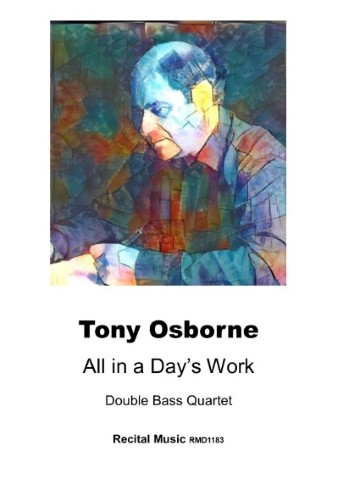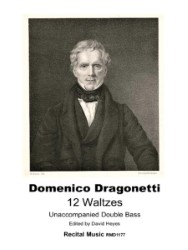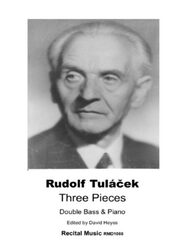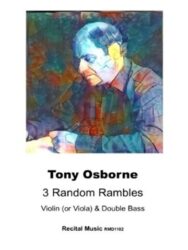All in a Day’s Work

Composer: Osborne, Tony
Instrumentation: 4 Double Basses
Editor: David Heyes
Publisher Recital Music
Commissioned by David Heyes in 1994 for the founding of the BIBF (British & International Bass Forum), All in a Day's Work is a jazzy…
Page ? of ?
Digital Download – PDF
Shipping costs: No shipping
R.R.P £10.00
Our Price: £8.50




